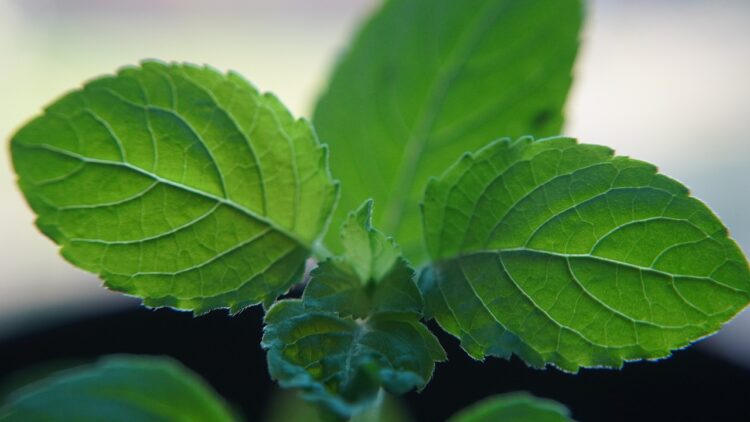Tulsi, known as Holy Basil, is revered in Ayurvedic medicine for its numerous health benefits. A refreshing beverage that hydrates and has many therapeutic properties can be infused with tulsi leaves. In Indian culture, where it is regarded as a sacred herb with healing properties, drinking tulsi water dates back hundreds of years. There are numerous advantages to drinking tulsi water. Most importantly, Tulsi is rich in antioxidants and essential oils that fight against infection and boost immunity. Its calming properties can lighten different infirmities, from respiratory issues to stomach-related messes.
Benefits of Drinking Tulsi Water
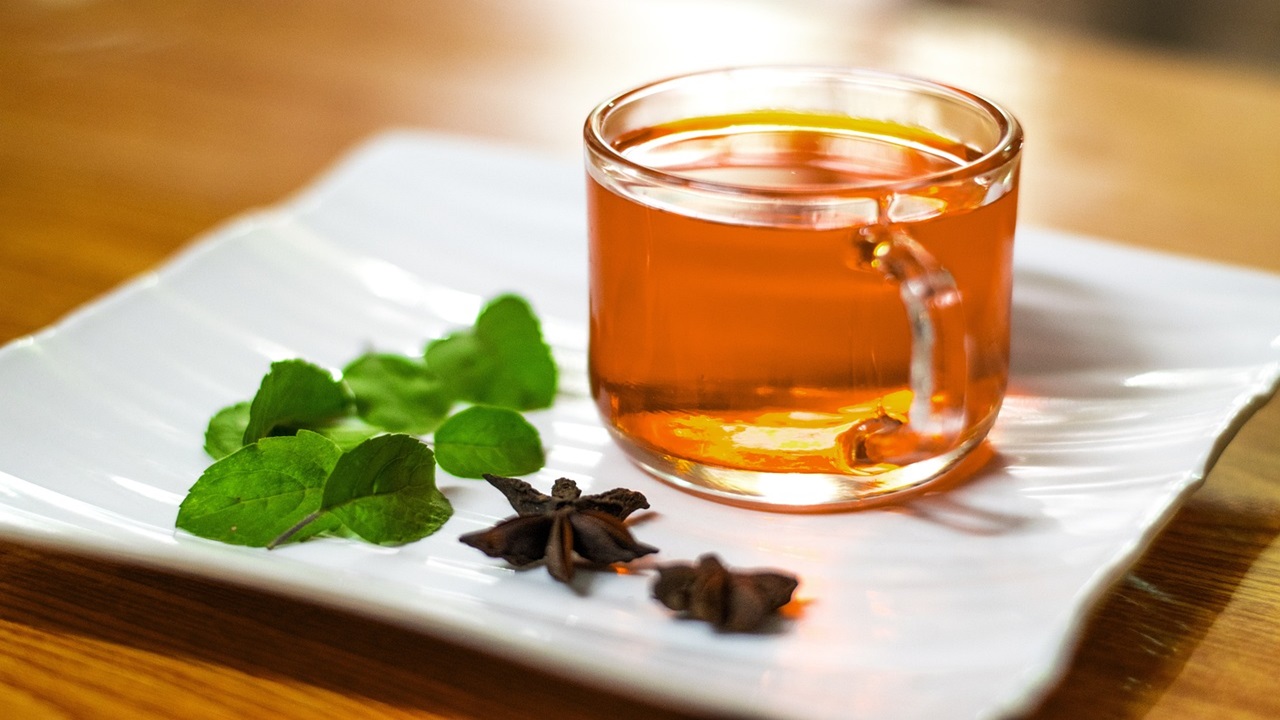
Read Also: 4 Effective Yoga Poses for Depression to Practice at Home
Tulsi is known to control cholesterol and blood sugar, which is beneficial for diabetes management and cardiovascular health. Tugli water aids mental clarity and relaxation, making it an excellent stress reliever. It helps to maintain the body’s stress. Its detoxifying properties encourage healthy skin and support liver function.
Prevent from Infections
Due to the essential oils it contains, tulsi water is renowned for its antimicrobial properties. Tulsi water is a natural remedy for combating infections because these oils have potent antibacterial, viral, and fungi-fighting properties. Whether it’s a typical cold, influenza, or other bacterial or viral contaminations, consolidating tulsi water into your everyday schedule can help your body battle these intruders.
Improves Skin
Clean and shining skin often indicates a person’s inner health. Drinking Tulsi water can help advance clear skin by purging the blood and fighting inflammation bacteria. Regular consumption of tulsi water can improve the tone of the skin, reduce the frequency of acne breakouts, and promote a healthy, glowing complexion.
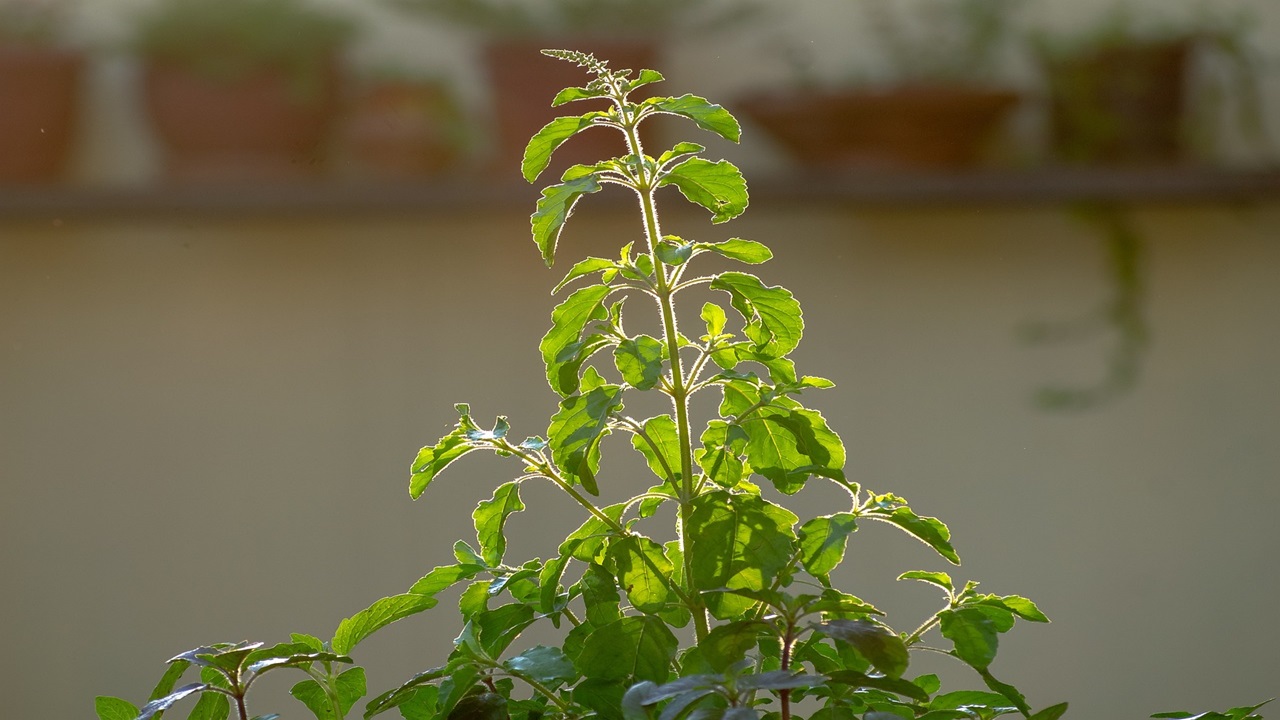
Detoxifies Toxins
Toxins from processed foods, environmental pollutants, and other sources constantly enter our bodies. Tulsi water is a natural detoxifier that can help end toxins and support the body’s detoxification processes. Drinking Tulsi water contains phytochemicals and antioxidants that support liver function and neutralize free radicals, making it easier for the body to end up with harmful substances.
Boosts Immunity Level
Tulsi water is a force to be reckoned with as an immunity booster. The antioxidants in Tulsi leaves support your body’s natural defenses against harmful pathogens like viruses and bacteria. Drinking tulsi water regularly strengthens your immune system, fights illnesses and infections, and keeps you healthier and more robust.
Maintaining Cholesterol
Heart disease and stroke risk can be increased by having high cholesterol levels. Drinking tulsi water has been demonstrated to lower cholesterol levels, particularly LDL cholesterol, also known as “bad” cholesterol. Eugenol and rosmarinic acid, two active ingredients found in tulsi leaves, stop the liver from making cholesterol, resulting in healthier lipid profiles and a lower risk of cardiovascular disease.
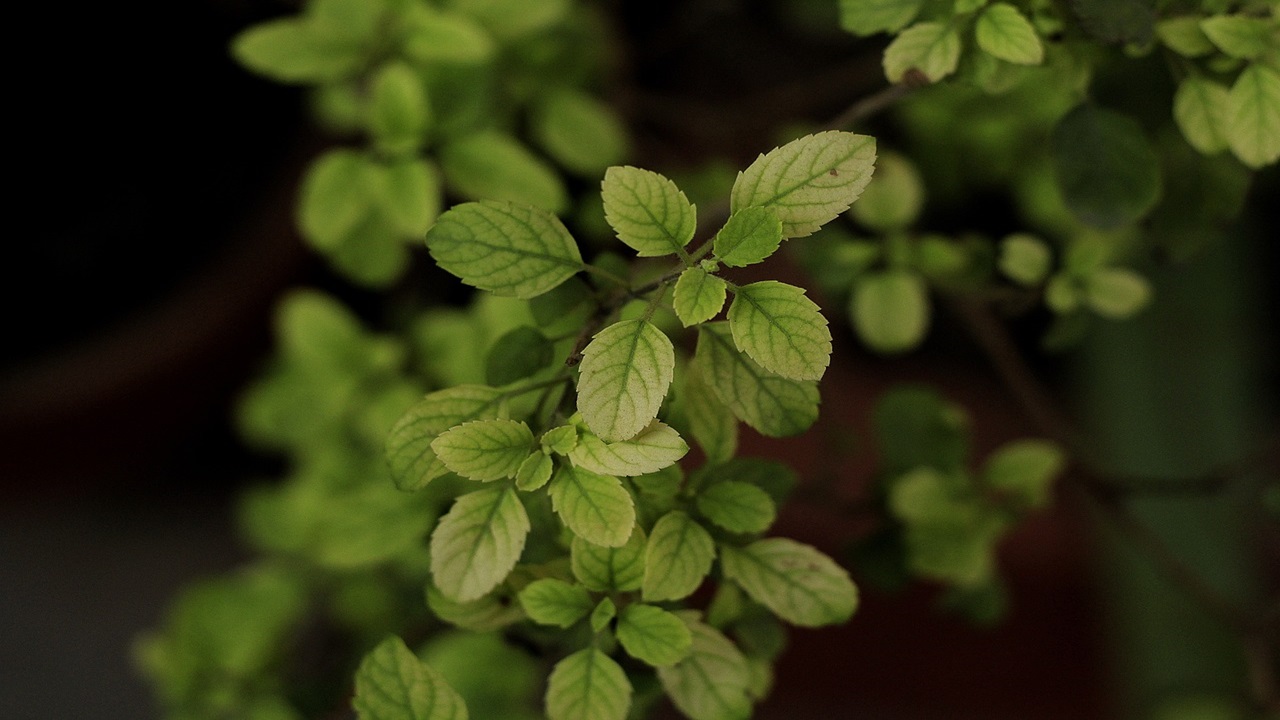
Control Stress
Stress has become a common problem affecting many health aspects in today’s fast-paced world. Tulsi water is well-known for helping the body cope with stress and maintain balance. It can also calm the nervous system, lowering stress and anxiety levels. Ocimumosides and eugenol, two natural compounds in tulsi leaves, interact with neurotransmitter systems to promote mental clarity and relaxation.
Side Effects Of Tulsi Water
Pregnancy effects
There is a lack of reliable information regarding the safety of taking medicinal doses of side effects of tulsi water while pregnant or nursing. It is impossible to rule out the possibility of harm to the fetus or the babies completely. Pregnant and breastfeeding women should generally avoid high doses of tulsi as a precaution. Talking with a medical care supplier is significant to examine any side effects or concerns connected with tulsi utilization during these periods.
Blood Thinning
Side effects of Tulsi water can thin blood because it has natural anticoagulant properties. Although this may help maintain cardiovascular health by preventing the formation of clots, taking blood-thinning medications like warfarin or aspirin may be at risk. In such circumstances, consuming tulsi may increase the risk of bleeding or bruising by enhancing the effects of these medications. This is especially important during surgical procedures and injuries, both of which can result in prolonged bleeding. Unusual bruising, prolonged bleeding from cuts, and blood in the urine or stool are all signs to watch out for.
Fertilization in Men
Tussi may affect fertility by altering reproductive hormones and decreasing the number of sperm. Although the majority of these findings come from studies on animals, they should be taken into account by people trying to conceive. It’s best for people who are worried about their fertility to limit their consumption of tulsi and talk to a doctor if they have any questions.
Allergic Problems
Tulsi may cause allergic reactions in some people. These reactions may necessitate medical attention and range from mild to severe. Side effects of tulsi water, an unfavorably susceptible response, include tingling, skin rash, enlarging (particularly of the face, tongue, or throat), trouble breathing, and hypersensitivity in severe cases. If any of these symptoms occur, it is immediate medical attention and stop using Tulsi.
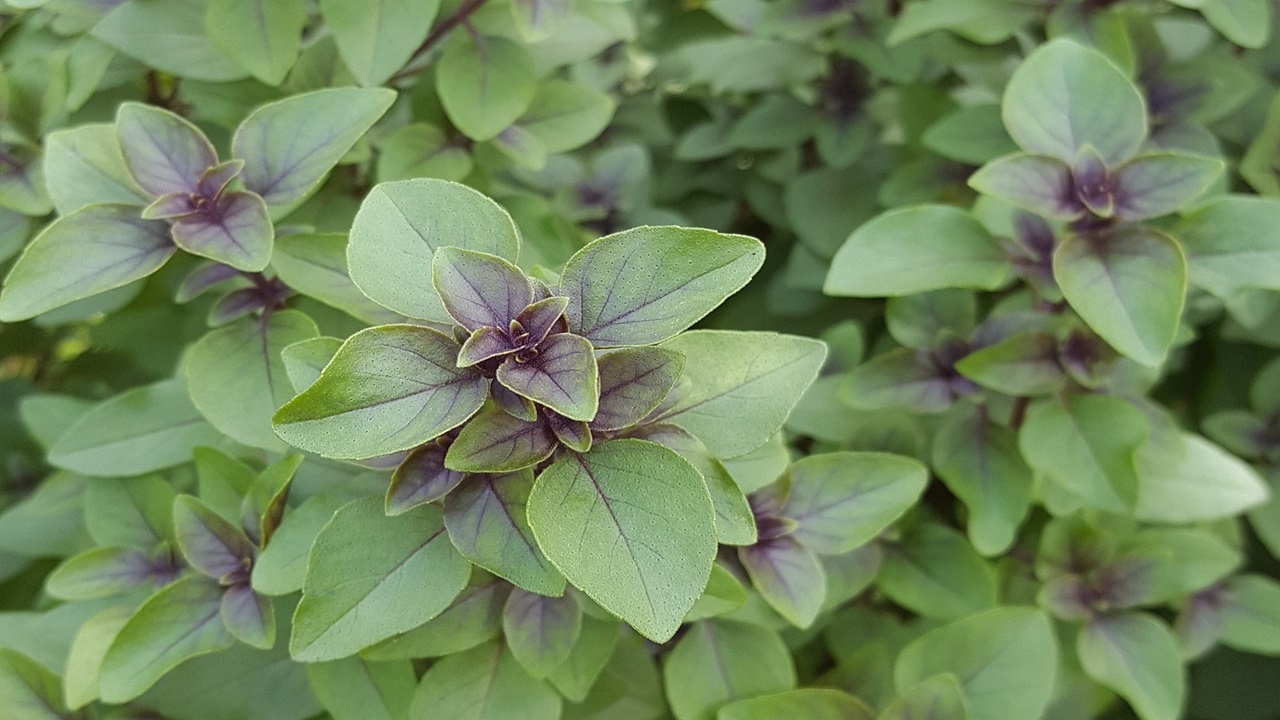
Drinking Tulsi water improves digestion, boosts immunity, reduces stress, and supports respiratory health. Its rich cancer-prevention agent content and antimicrobial properties fortify the immune system, while its adaptogenic nature helps balance cortisol levels, decreasing pressure and uneasiness. Tulsi also helps with digestion, reduces bloating, and prevents problems with the gastrointestinal tract.
Side effects of Tulsi water have properties that thin blood, which can make bleeding more likely, especially for people who take anticoagulants. Low blood sugar levels can result from its hypoglycemic effects, especially in people who take diabetes medications. High doses of tulsi may affect fertility. There is deficient information on its well-being during pregnancy and breastfeeding, so high portions are mostly not suggested. Tulsi may alter the effects of diabetes, hypertension, and anticoagulant medications that interact with it. Itching, swelling, and breathing difficulties can occasionally result from allergic reactions.
To get more of our exclusive content on Health Care and Lifestyle. Follow us on YouTube and Instagram.


